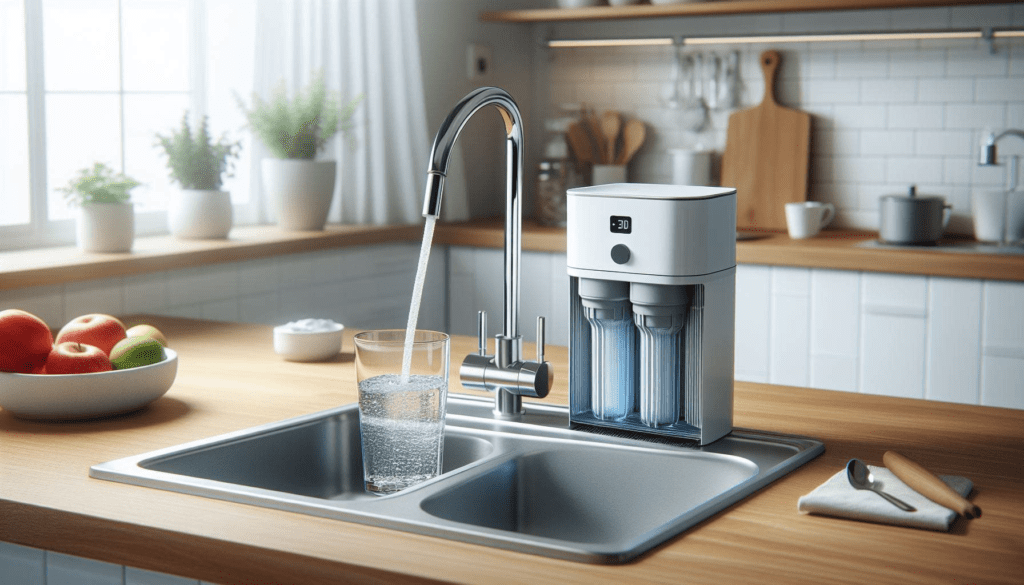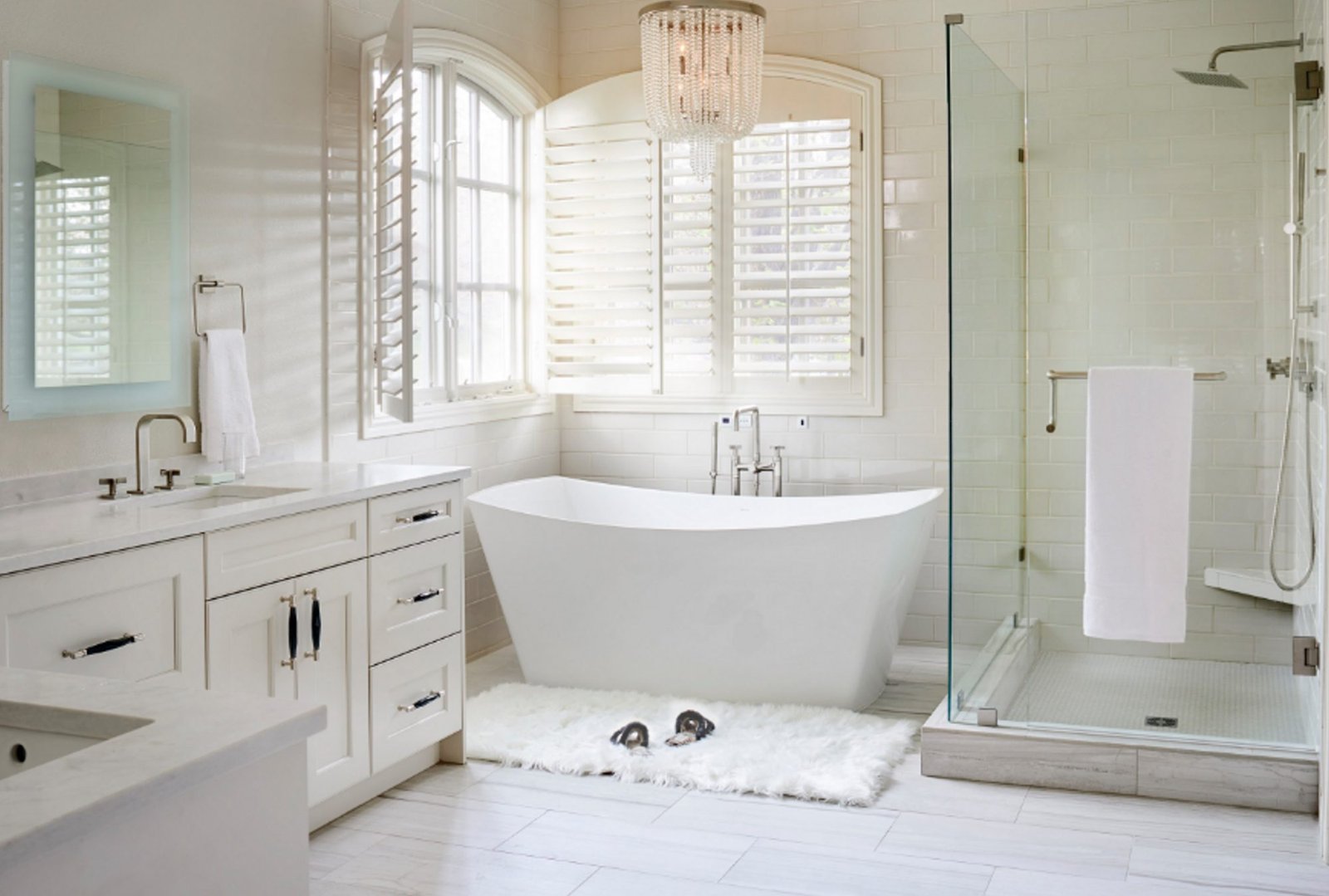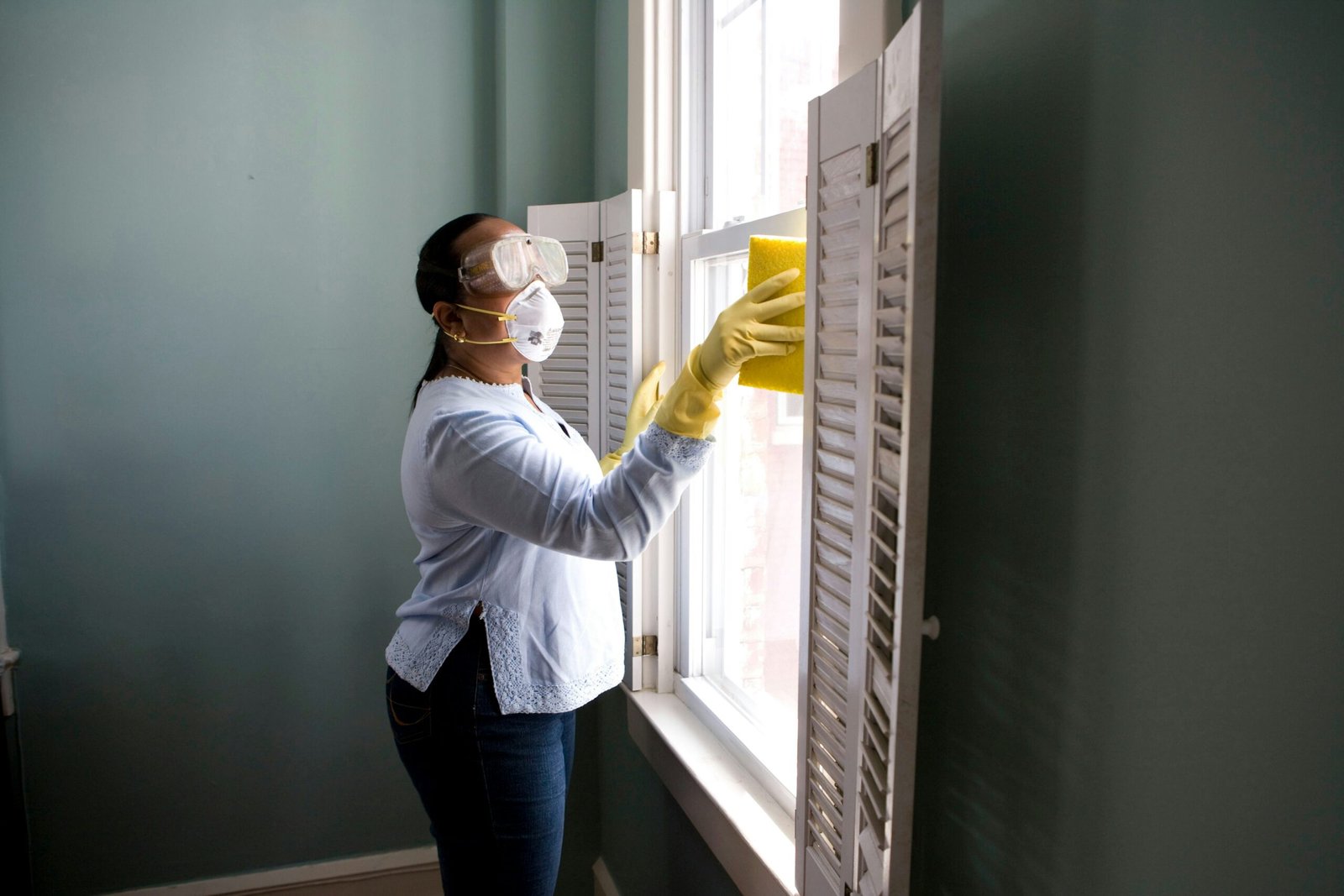Understanding Whole-House Water Filters
Water is an essential resource that we rely on every day for various purposes, such as drinking, cooking, cleaning, and bathing. However, the quality of our tap water may not always be up to par. This is where whole-house water filters come into play.
A whole-house water filter is a filtration system designed to remove impurities, contaminants, and odors from the water supply of an entire house. It is typically installed at the main water line, ensuring that every faucet, shower, and appliance receives filtered water.

Please, read our post and do not forget to check our YouTube channel “Grig Stamate”:
https://www.youtube.com/@GrigStamate
You will find there, thousands of designing, furnishing, and decorating ideas for your home interior and outdoors.
Allow me to mention one of them:
Tour of the Best 50 Modern Kitchen Designs (video)
Benefits of a Whole-House Water Filter
Now that we understand what a whole-house water filter is, let’s explore the various benefits it offers:
1. Improved Water Quality
One of the primary reasons people invest in whole-house water filters is to enhance the quality of their water. These filters effectively remove common contaminants such as chlorine, sediment, heavy metals, pesticides, and bacteria, resulting in cleaner and safer water for you and your family.
By removing these impurities, whole-house water filters can help eliminate unpleasant odors, improve the taste of your drinking water, and provide a healthier environment for bathing and washing.
2. Convenience and Efficiency
Unlike under-sink or countertop filters that only purify water at specific points of use, a whole-house water filter treats the water at the source. This means that every faucet, shower, and appliance in your home receives filtered water without the need for individual filters.
With a whole-house water filter, you no longer need to worry about replacing multiple filters or installing separate systems throughout your home. It provides a convenient and efficient solution for ensuring clean water throughout your entire house.
3. Protection for Appliances and Plumbing
Another significant advantage of whole-house water filters is their ability to protect your appliances and plumbing system. Contaminants in your water supply can cause damage and reduce the lifespan of appliances such as washing machines, dishwashers, and water heaters.
By removing these impurities, a whole-house water filter helps prevent the build-up of sediment and scale in your appliances and plumbing, reducing the need for repairs and replacements.
Do You Need a Whole-House Water Filter?
Now that you’re aware of the benefits, you might be wondering if you actually need a whole-house water filter. While the decision ultimately depends on your specific circumstances and preferences, here are some factors to consider:
1. Water Quality
Assess the quality of your tap water. If you notice a strong odor, discoloration, or taste issues, a whole-house water filter can significantly improve the overall quality. Additionally, if your water source is known to contain high levels of contaminants, investing in a whole-house water filter becomes even more crucial.
2. Health Concerns
If you or your family members have specific health concerns, such as allergies, respiratory issues, or a compromised immune system, a whole-house water filter can provide an added layer of protection. It ensures that the water you use for bathing and washing is free from potentially harmful chemicals and bacteria.
3. Long-Term Cost Savings
While the initial cost of installing a whole-house water filter may seem higher than other filtration options, it can lead to long-term cost savings. By preventing damage to your appliances and plumbing, you can avoid costly repairs and replacements down the line.
Additionally, having access to clean, filtered water throughout your home can reduce the need for bottled water or individual filtration systems, saving you money in the long run.
Installation and Maintenance
When it comes to installing a whole-house water filter, it is recommended to consult a professional plumber. They will ensure that the system is installed correctly and that it meets your specific needs.
Maintenance requirements may vary depending on the type of whole-house water filter you choose. Some systems require filter replacements every few months, while others may only need maintenance once a year. It’s important to follow the manufacturer’s instructions and schedule regular maintenance to ensure optimal performance.
Choosing the Right Whole-House Water Filter
There are various whole-house water filter options available in the market, so it’s essential to choose one that suits your needs. Factors to consider include:
1. Filtration Capacity
Consider the filtration capacity of the system. This will depend on the size of your household and your daily water consumption. Ensure that the filter can handle the demand and provide sufficient flow rate without compromising performance.
2. Filtration Technology
Research different filtration technologies and choose one that effectively removes the contaminants present in your water. Common types of filtration technologies include activated carbon filters, reverse osmosis systems, and UV filters.
3. Certification
Look for whole-house water filters that are certified by reputable organizations such as NSF International. Certification ensures that the system has been independently tested and meets certain quality and performance standards.
Final Thoughts
A whole-house water filter can significantly improve the quality of your water, provide convenience and efficiency, and protect your appliances and plumbing. Whether you need one depends on your water quality, health concerns, and long-term cost savings.
When considering a whole-house water filter, consult with a professional, choose the right system for your needs, and follow the recommended installation and maintenance guidelines. With the right filter in place, you can enjoy the benefits of clean, filtered water throughout your entire home.
Other related posts from our website:
https://howtobuildahouseblog.com/before-moving-in-check-the-plumbing-system/
https://howtobuildahouseblog.com/advantages-and-disadvantages-of-the-copper-plumbing/
https://howtobuildahouseblog.com/how-to-move-plumbing-under-a-concrete-slab/
Thank you so much for your attention.
Stay tuned. We will upload many other amazing posts to our website and videos onto our YouTube channel.
Thank you so much.
for your time and attention.
Best Regards
See you to another post,
Bye, Bye


